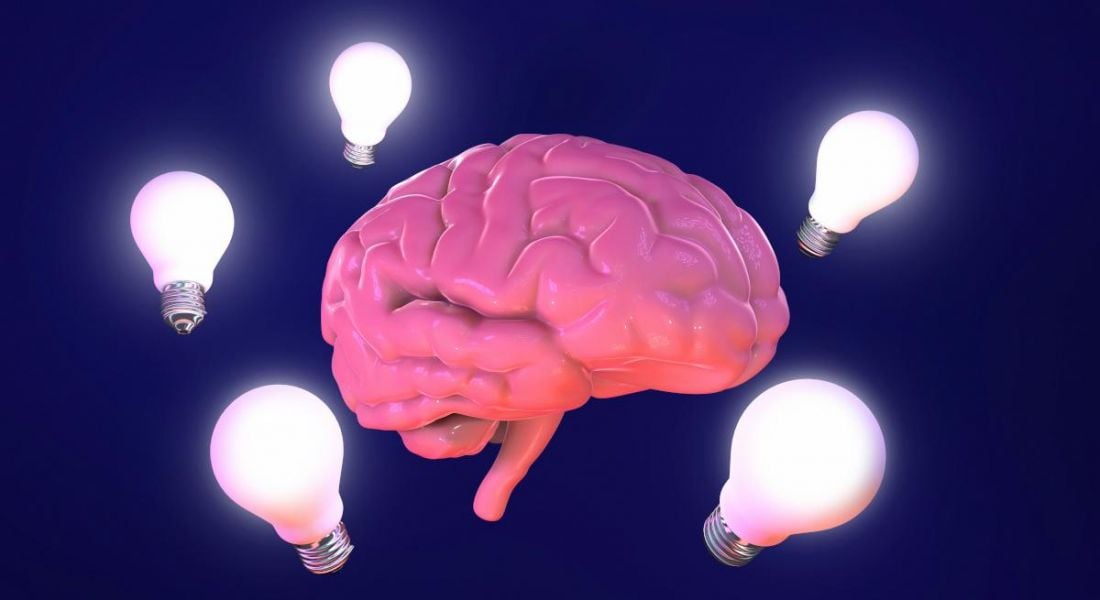Do you want to become an organisational master, the most productive and focused version of yourself? You just need to engage your brain a little.
Our brains have a lot to answer for. We’ve been told that throughout our lives we have to take care of our heads to function properly – and for good reason.
When people think of mental health, they might think of how the brain impacts their emotions and behaviours in a very heightened way.
But mental health is also a term that refers to how well your brain operates in day-to-day situations.
Everybody has different brains and different conditions under which their brains perform best, but, generally speaking, neuroscientists know how we can ‘hack’ our brains to make our working lives a little bit easier.
Think of it this way: feeling good in your head is very likely to make you feel more focused and able to concentrate.
Concentration and focus is so important to our mental health that there is even a subset of neuroscience dedicated to it called neuroproductivity.
If you are interested in learning more about neuroproductivity, the resource Ness Labs does a very good newsletter all about it.
According to an article by Ness Labs founder and neuroscientist, Anne-Laure Le Cunff, it’s a constant struggle for us to stay productive.
That means it’s not your fault if you can’t concentrate on certain days or under certain conditions. Brains are very temperamental things and they are difficult to control.
“We’re constantly fighting an internal battle against our brain, which background mechanisms we’re unconscious of. You don’t feel anything every time a neuron fires. You can’t identify exactly what neurochemicals are being released when you become aware of a particular emotion. You have little control over the neuroactivity inside your brain. But it has a huge impact on your productivity,” Le Cunff wrote on Ness Labs.
She said that understanding the way our brains work is “half the battle” to becoming more productive.
Know your neurochemicals
Le Cunff said research shows that there are three main neurochemicals active in the brain when we are in a state of deep focus.
These are dopamine, noradrenaline and acetylcholine.
Most of us will have heard of dopamine; it is a neurotransmitter that acts as a reward or feel-good system when it is released.
If you get something done, for example, and you feel a sense of achievement, that’s dopamine flooding your system.
We like the feeling of dopamine, so when we experience a release we want to feel it again and again. The way to do that at work? Get stuff done.
Noradrenaline is the neurotransmitter that makes us alert. It is involved in the fight-or-flight response, so quite different from dopamine.
In small doses, noradrenaline can be good for us; the buzz of productivity you feel when you have a deadline looming over you is most likely your brain releasing noradrenaline.
Acetylcholine is very important for learning, memory and focus. It was the first neurotransmitter ever discovered and is abundant in the nervous system. If you are lacking in the chemical your overall brain function will be depleted.
Life hacks
The good news is that there are things we can do in our daily lives to ensure we are giving ourselves the best chance to stimulate these chemicals. And you don’t need to be a neuroscientist…
Exercise
Research has found that regular exercise helps us to release dopamine, the brain’s reward chemical. It also takes your mind off things and can be a way to relax the brain before or after a long day at work.
Eat well
If you like oily fish, vegetables, berries and even coffee, you’re in luck, because these are all great things to consume for a well-functioning brain. Healthy fats like nuts are also good.
Breaks
You can include exercise, food and rest in this category, but sometimes even just moving away from your work for a few moments can help reset your focus and get you back into a rhythm.
Background music
Some people need total silence; others find that ambient music can actually help them rather than distract them.
Sleep hygiene
Good sleeping habits are critical to our overall health. It depends on the person, but most need at least eight hours to function at optimum levels. Albert Einstein famously slept 10 hours a night, while other geniuses like Leonardo Da Vinci were fond of power naps.
10 things you need to know direct to your inbox every weekday. Sign up for the Daily Brief, Silicon Republic’s digest of essential sci-tech news.




